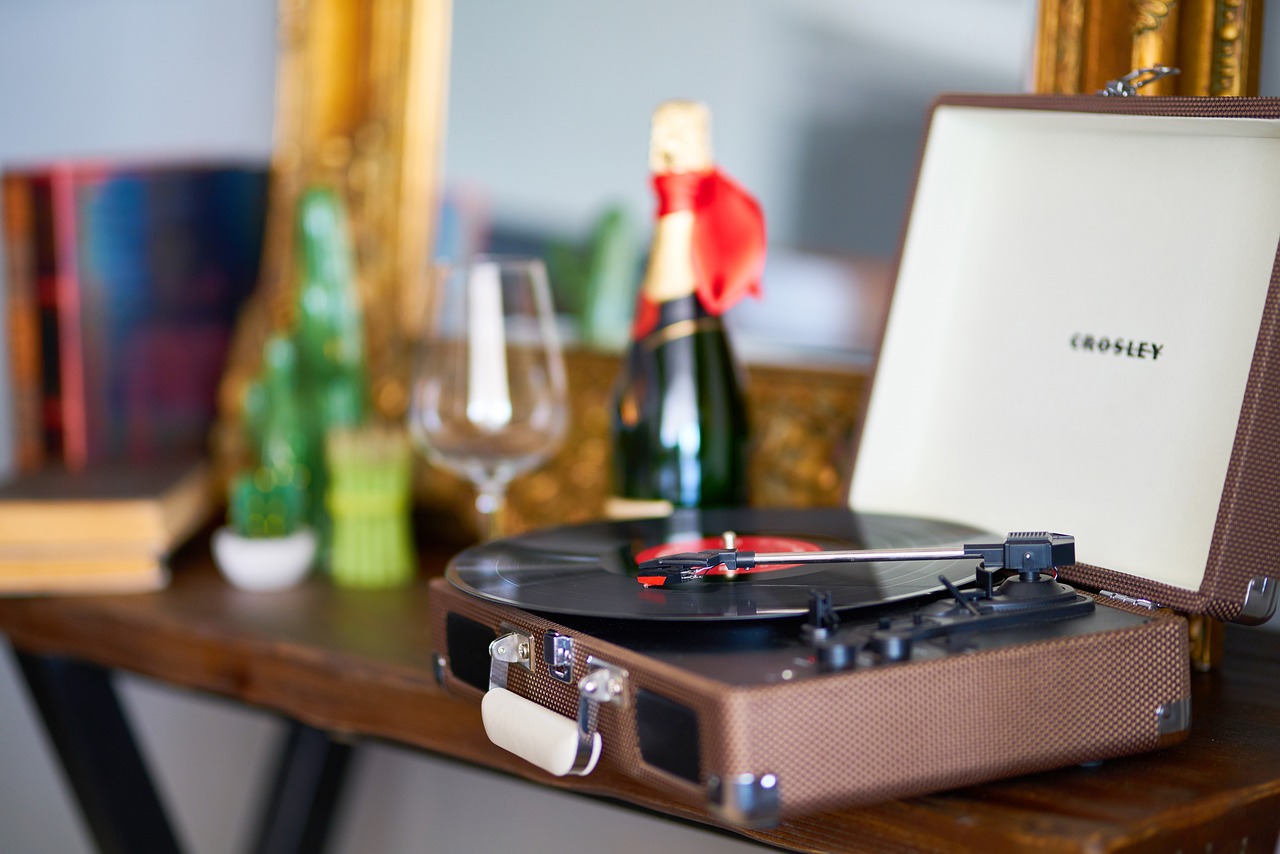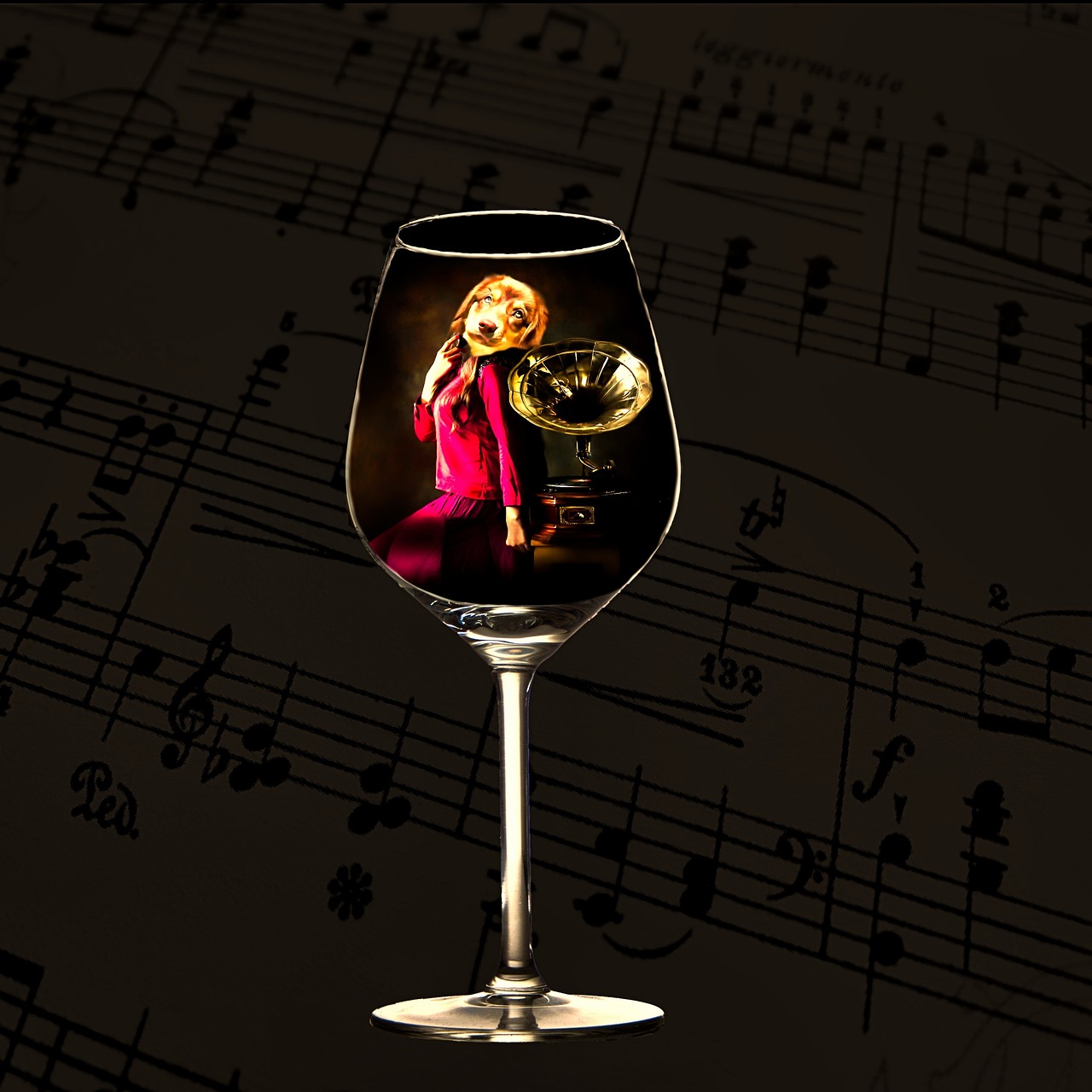Wine tasting is traditionally broken down into three sensory disciplines: appearance, aroma or smell, and taste. However objective we may claim to be in our assessments, these are our perceptions of the wine’s various extrinsic qualities rather than fixed truths about them. When one is assessing wine in any way, of course, context is critical. How we taste is influenced by numerous factors, such as the very reason why we are doing it, the current frame of mind we are in, the company we are with, and whether we are drinking as well as tasting.
As well as myriad distractions to our concentration. The most important context is the physical environment in which we taste.
Various cognitive studies have demonstrated that noise has a negative impact on our productivity, the accuracy of our work and our ability to retain information. Sound itself can affect us in both positive and negative ways. Noise, however, is always negative. Sound, or visual stimulation, becomes noise once it is unwanted or disturbing and you are unable to shut it out. Whether you find a certain sound negative or not is an individual matter, although some sounds are generally perceived by nearly everyone as negative – such as the sound of a car alarm. A positive sound is experienced as pleasantly stimulating, relaxing or rehabilitative.
Noise impacts on our receptiveness. Abundant research suggests that certain flavours seem to be suppressed by surrounding noise, while others may be heightened.
There are sounds that we associate with wine. The pop of a cork, for example, be it eased out of the bottle with a seductive susurrus, or the more assertive crisp bang of the champagne stopper. The initial plop followed by the glug-glug as the liquid tumbles into the glass, the fizzing detonations of bubbles, all of these trigger expectations and put us in a receptive frame of mind. Perhaps, we wish to quench a thirst, or the knowledge that wine has been poured into a glass tells us we can slough off the cares of the day.
Noise impacts on our receptiveness. Abundant research suggests that certain flavours seem to be suppressed by surrounding noise, while others may be heightened. The science of neuro-gastronomy, the study of the complex brain processes that give rise to the flavours that we all experience when eating or drinking is still a relatively new discipline. Moreover, other studies suggest that it’s not just the volume of sounds that seems to affect flavour— the type of sound might play a role, too.
A few years ago, psychology professor Adrian North, of Heriot Watt University, set out to ascertain if certain styles of music might influence imbibers’ perception of wine flavours:
The results reported…indicate that independent groups’ ratings of the taste of the wine reflected the emotional connotations of the background music played while they drank it. These results indicate that the symbolic function of auditory stimuli (in this case music) may influence perception in other modalities (in this case gustation); and are discussed in terms of possible future research that might investigate those aspects of music that induce such effects in a particular manner, and how such effects might be influenced by participants’ pre-existing knowledge and expertise with regard to the target object in question.
[Results published in the British Journalist of Psych0logy – 2011]
“The music was chosen to be ‘powerful and heavy,’ ‘subtle and refined,’ ‘zingy and refreshing,’ or ‘mellow and soft’”- qualities that can also be used to describe wine, according to North.
Participants in the experiment drank red and white wines while sitting in a room where one of the four styles of music played softly in the background. When they finished drinking, they were asked to describe the wine. “What we found was that the ratings of the wine tended to mirror the ratings of the music that was playing in the background,” says North. Furthermore, “nobody mentioned the music.”
North says the major takeaway from this experiment is recognizing the role of music in our daily lives. “Music is now part of life, not necessarily a focal object,” he says, like it was when you used to have to sit down in the living room to listen to a vinyl record, for example. “Given that it’s so present these days, it’s just impacting the way in which we perceive the world.”
Listening to (or making) music increases blood flow to regions of the brain that generate and control emotions. The limbic system, which is involved in processing emotions and controlling memory, “lights” up when our ears perceive music.
Wine tasting requires different parts of brain to function in harmony in order to productively taste and assess wines, which is why formal tasting is largely conducted in silence.
The chills you feel when you hear a particularly moving piece of music may be the result of dopamine, a neurotransmitter that triggers sensations of pleasure and well-being. As your brain becomes familiar with a particular song, your body may release dopamine upon hearing just the first few notes of the song. Just as Pavlov’s dogs learned to associate food with a ringing bell, our bodies actively anticipate pleasure upon hearing familiar notes.
Sound affects us cognitively. How well you work is very dependent on the sound around you. Loud music, for example, takes up critical audio bandwidth. The most distracting sound of all is the human voice. If somebody’s speaking next to you, it’s very difficult to block out that sound. We have no earlids and distracting human conversation hugely impedes productivity. Wine tasting requires different parts of brain to function in harmony in order to productively taste and assess wines, which is why formal tasting is largely conducted in silence.
All of which suggests that not only are human beings highly impressionable, but we take in sensory data on a multitude of levels, absorb it, and use it to shape our responses.
Many environments, being extremely noisy, are not conducive to wine appreciation. In restaurants (50% of the ones surveyed in London by SoundPrint, a global app measuring noise level) the ambient noise level reached 80 decibels, a level causing actual physical discomfort, which in turn affects our sense of taste (and certainly our appreciation of the wine).
A different sort of focus occurs when we are seated at a table, eating, drinking and conversing with friends. The intimate social dynamic is very different to the rigid standoffishness of the formal tasting – or the sensory overload of the noisy restaurant. The wine may, or may not, be in the foreground of consideration. If we choose to focus on the wine, however, and approach it in an appreciative and respectful way, we may then begin to feel a lively curiosity, even a form of anticipatory mental hunger. Dialling out the distractions, we are nourished by the positive energy of our companions-in-tasting. When we are in a good place, in every sense of the expression, our senses are more alert, and we are naturally more receptive. This does not mean that we have to taste in absolute silence, rather that we each need to find our own respective ambient sound comfort zone. Epiphanies may occur when we are least desensitised by noise overload and when we are most able to filter in the positive stimuli that allow us to enjoy the experience more.



